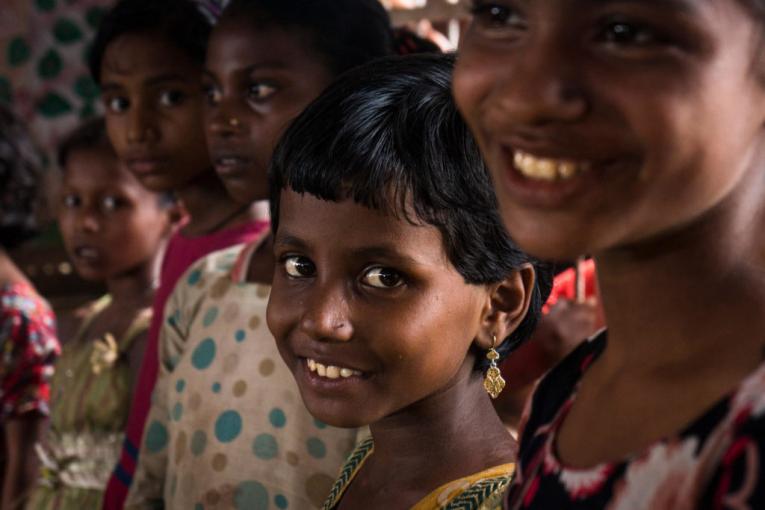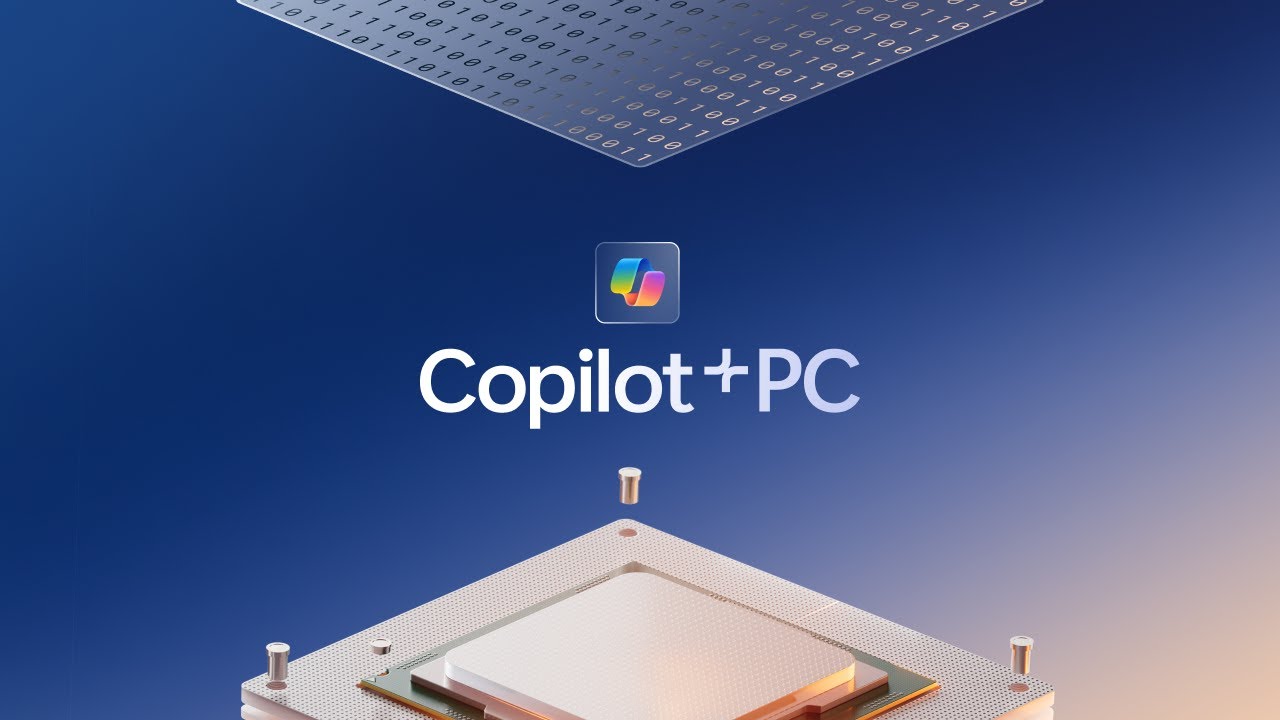UNICEF partners with Microsoft to create learning passport for refugee children
2 min. read
Updated on
Read our disclosure page to find out how can you help MSPoweruser sustain the editorial team Read more

In general, education systems in countries with refugees fail to acknowledge and recognize what refugee children and young people have already learned in school. This makes it difficult to provide them with the right level of education and, in the long term, limiting their employment opportunities. UNICEF yesterday announced a partnership with Microsoft to improve the education situation of children and young people affected by conflict and natural disasters.
UNICEF in collaboration with Microsoft and the University of Cambridge is developing a ‘learning passport’, a platform that will enable children and young people to learn within and across borders. UNICEF is planning to test the learning passport in countries hosting refugees, migrants and internally displaced persons.
“Conflicts and natural disasters have disrupted learning opportunities and the quality of education for 75 million children and young people, many of whom have migrated across borders or been forcibly displaced,” said Henrietta Fore, UNICEF Executive Director. “The learning passport is a great example of how we can use technological innovations to help the world’s future doers, thinkers and leaders – wherever they are and no matter the challenges.”
“A digitally inclusive world starts with ensuring that all young people, no matter their situation, have access to a digital education,” said President of Microsoft Brad Smith. “This partnership is focused on creating scalable learning solutions to help millions of displaced and refugee children gain the skills they need to thrive.”
Source: Unicef









User forum
0 messages